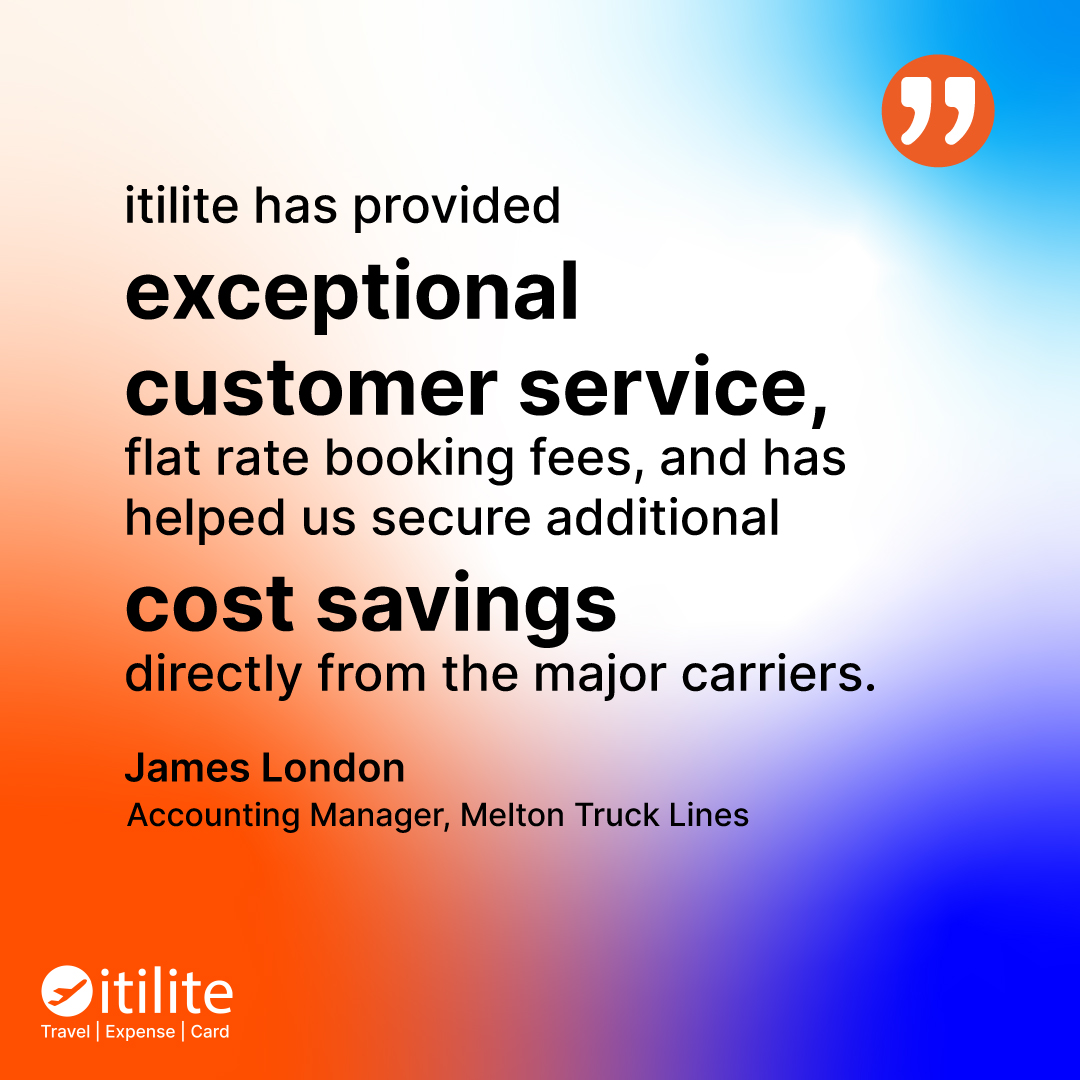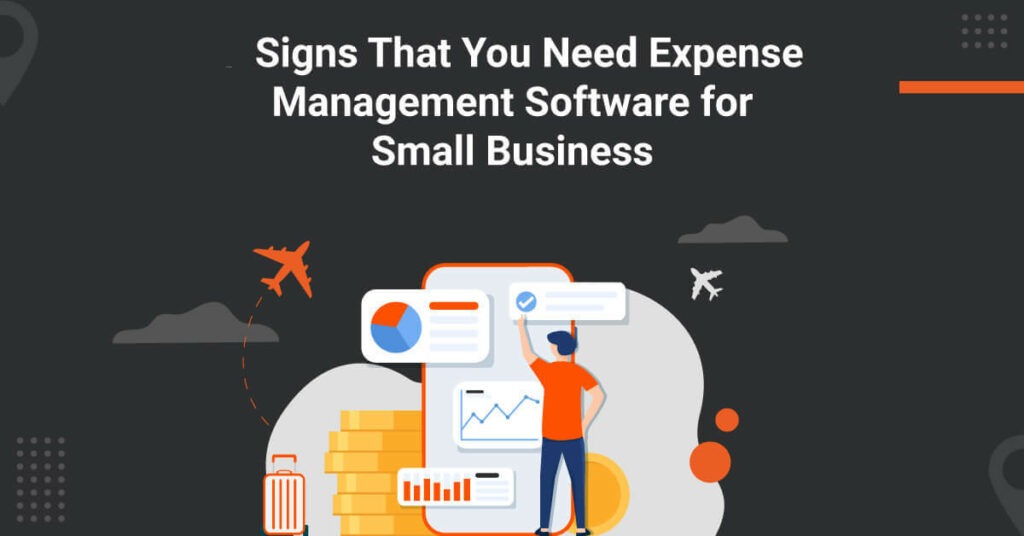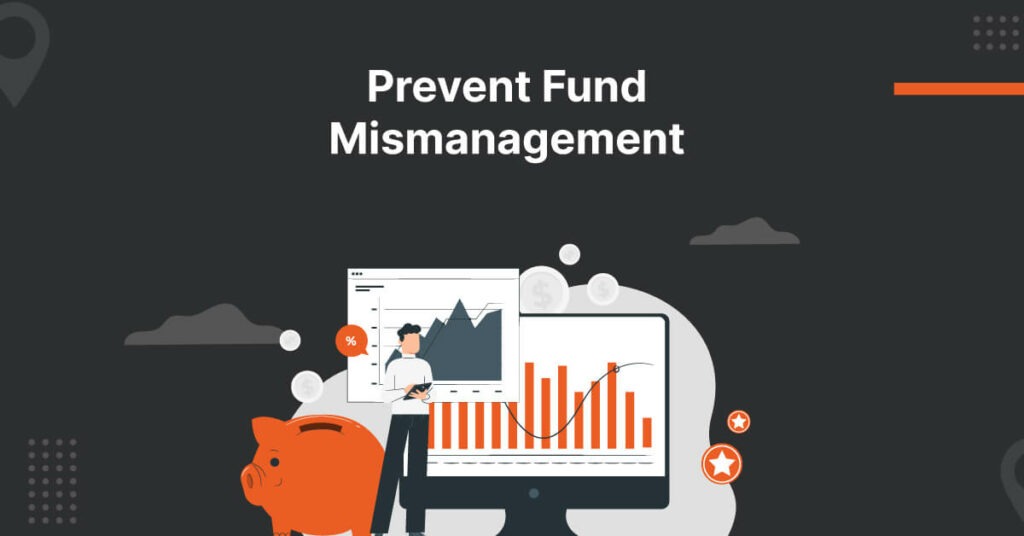Are you striving to streamline your corporate expenses in transportation and automotive? Managing corporate costs within these sectors requires a keen eye for optimization and cost-effectiveness. Whether your company operates a fleet of vehicles, works with employee travel expenses, or navigates the intricate web of transportation logistics, adopting efficient corporate expense management solutions is crucial to enhancing your bottom line.
This comprehensive guide will explore the best practices to elevate corporate expense efficiency in the transportation and automotive domains.
Implementing Robust Corporate Expense Management Solutions
Corporate expense management solutions are integral to controlling costs and ensuring accountability. These solutions typically involve specialized software that tracks, manages, and analyzes transportation and automotive operations expenses.
These software tools facilitate streamlined expense tracking, automate data entry processes, and offer real-time insights into spending patterns. By leveraging such tools, companies can effectively monitor expenses, identify areas for optimization, and make informed decisions to reduce unnecessary costs.
Leveraging Technology for Cost Optimization
Leveraging technology for cost optimization in transportation and automotive operations involves utilizing various technological tools and corporate expense solutions to drive efficiency, reduce expenses, and enhance overall performance.
GPS Tracking Systems and Route Optimization: Integrating GPS tracking systems in vehicles enables real-time monitoring of their locations, routes, and performance metrics. These systems provide valuable data that helps optimize travel routes, reduce idle time, and minimize fuel consumption. Companies can select the most cost-effective and time-efficient vehicle paths by analyzing route efficiency and identifying traffic patterns, ultimately cutting operational costs.
Expense Management Apps and Software: Implementing expense management apps and software solutions streamlines tracking and managing transportation and automotive operations expenses. These tools enable employees to capture receipts, submit expense reports, and adhere to company expense policies more efficiently. Moreover, they give managers real-time visibility into expenses, allowing for better control, analysis, and decision-making to reduce unnecessary spending.
Telematics and Fleet Management Software: Telematics technology involves using devices installed in vehicles to gather and transmit data related to vehicle health, driver behavior, fuel usage, and more. Fleet management software utilizes this data to provide insights into vehicle performance, maintenance needs, and driver behavior. By leveraging these technologies, companies can proactively schedule maintenance, identify fuel-efficient driving practices, and optimize fleet utilization, leading to significant cost savings.
Data Analytics and Performance Monitoring Tools: Leveraging data analytics tools enables companies to analyze historical expense data, identify spending patterns, and uncover opportunities for cost reduction. These tools provide actionable insights that aid in making informed decisions about expense optimization strategies. Additionally, performance monitoring tools track key performance indicators (KPIs) related to expenses, allowing for continuous evaluation and adjustment of cost optimization efforts.
Regular Expense Audits and Analysis
Regular expense audits and analyses are pivotal in ensuring efficient corporate expense management solutions within the transportation and automotive sectors. This practice involves systematic and periodic reviews of all expenses incurred, aiming to identify anomalies, assess spending patterns, and optimize costs to align with company objectives.
Routine Audits for Corporate Expense Management Solutions: Conducting periodic audits is imperative to assess and validate expenses’ accuracy, compliance, and appropriateness within transportation and automotive operations. These regular audits ensure that expenditures align with established policies and objectives. Companies actively optimize their spend management practices by incorporating corporate expense management solutions into audit strategies.
Data-Driven Analysis for Expense Optimization: Leveraging analytics tools enables companies to delve deeper into expense data, employing the secondary keyword corporate expense solutions to uncover trends, patterns, and irregularities. These tools offer in-depth insights into expenditure categories, supplier costs, and budget variances. By systematically analyzing this data, companies can identify areas for improvement, cost-saving opportunities, and potential inefficiencies, allowing for proactive adjustments in expense management strategies.
Identification of Cost-Cutting Opportunities: Through detailed expense analysis, companies can pinpoint areas where they can implement cost-cutting measures without compromising operational efficiency. Whether renegotiating contracts with suppliers, optimizing travel expenses, or revising vehicle maintenance strategies, a thorough analysis enables companies to make informed decisions to reduce unnecessary costs.
Adherence to Compliance Standards and Policy Review: During audits and analysis, emphasis should be placed on ensuring adherence to regulatory compliance and internal expense policies. Regular reviews of policies related to corporate expense solutions help reinforce guidelines, ensuring that employees comply with established protocols. Companies can use audits to assess policy effectiveness, make necessary updates, and strengthen compliance measures, integrating primary and secondary keywords into policy enhancements.
Negotiating Supplier Contracts and Discounts
Negotiating supplier contracts and securing discounts is crucial to optimizing corporate expenses within transportation and automotive operations. This practice involves engaging with suppliers and service providers to establish favorable terms, pricing, and agreements, contributing to cost savings. By leveraging negotiation techniques and strategic partnerships, companies can effectively reduce expenses while maintaining the quality and reliability of the goods and services procured.
Supplier Relationship Management (SRM): Building and nurturing solid supplier relationships are fundamental to successful negotiations. Effective SRM practices foster open communication, mutual trust, and collaboration, laying the foundation for constructive negotiations focused on achieving beneficial outcomes for both parties.
Comprehensive Supplier Assessment: Before entering negotiations, conducting a thorough evaluation of potential suppliers and their offerings is essential. Assessing product quality, reliability, pricing structures, and service levels helps select suppliers that align with the organization’s needs and cost-saving objectives.
Volume Purchases and Long-Term Contracts: Companies can leverage their purchasing power by negotiating volume-based discounts or committing to long-term contracts with suppliers. Promising consistent business over an extended period often encourages suppliers to offer more competitive pricing or additional perks, contributing to cost reductions.
Flexible Payment Terms and Discounts: Negotiating flexible payment terms or early payment discounts can significantly impact overall expenses. Requesting extended payment periods or discounts for prompt payment can enhance cash flow and reduce the total cost of procurement, providing immediate savings for the company.
Suggested Read:
Employee Training and Policy Adherence
Employee training and policy adherence are essential to effective corporate expense management within transportation and automotive operations. This aspect involves educating employees about expense policies, procedures, and best practices while ensuring compliance with these guidelines.
Expense Policy Training and Communication: Initiating comprehensive training programs focused on expense management policies is critical. These training sessions highlight the importance of adhering to expense guidelines, detail the processes for expense reporting, and elucidate acceptable expenditure categories. Clear and concise communication of policies helps employees understand their responsibilities and the impact of their spending on the company’s bottom line.
Detailed Expense Guidelines and Procedures: Establishing clear expense guidelines and procedures ensures clarity and consistency in expense management practices. These guidelines should cover allowable expenses, documentation requirements, approval processes, spending limits, and reimbursement procedures. Providing employees with a detailed roadmap for handling fees ensures uniformity and adherence to company policies.
Training on Expense Reporting Systems and Tools: Familiarizing employees with expense reporting systems and tools is essential for accurate and efficient expense tracking. Training sessions should cover using expense management software, mobile apps, or online platforms for submitting expenses, attaching receipts, and complying with documentation requirements. Ensuring employees are proficient in these tools promotes accurate and timely expense reporting.
Monitoring and Compliance Checks: Implementing systems for monitoring expenses and conducting compliance checks is essential. Regular audits and reviews of expense reports help identify any deviations from policies, allowing for timely corrective actions. This process reinforces the importance of policy adherence and holds employees accountable for their spending practices.
Choose The Best Corporate Expense Management Solutions
In conclusion, managing corporate expenses in the transportation and automotive sectors requires a multifaceted approach. You can significantly enhance your efficiency by employing cutting-edge corporate expense solutions. Remember, investing in efficient expense management optimizes costs and drives profitability, enabling your company to thrive in today’s competitive business landscape.
Are you looking for the best expense management solution for your business? ITILITE is your answer!
ITILITE is an advanced solution for managing expenses, proving highly beneficial amongst various organizational sectors. Its expense management software aids in detecting fraud, ensuring adherence to expense policies, and boasts a user-friendly interface. It enhances employee productivity by enabling digital receipts and provides a centralized platform, among other features.
















